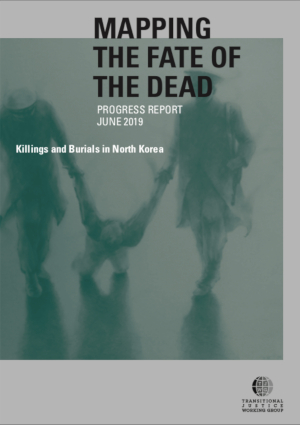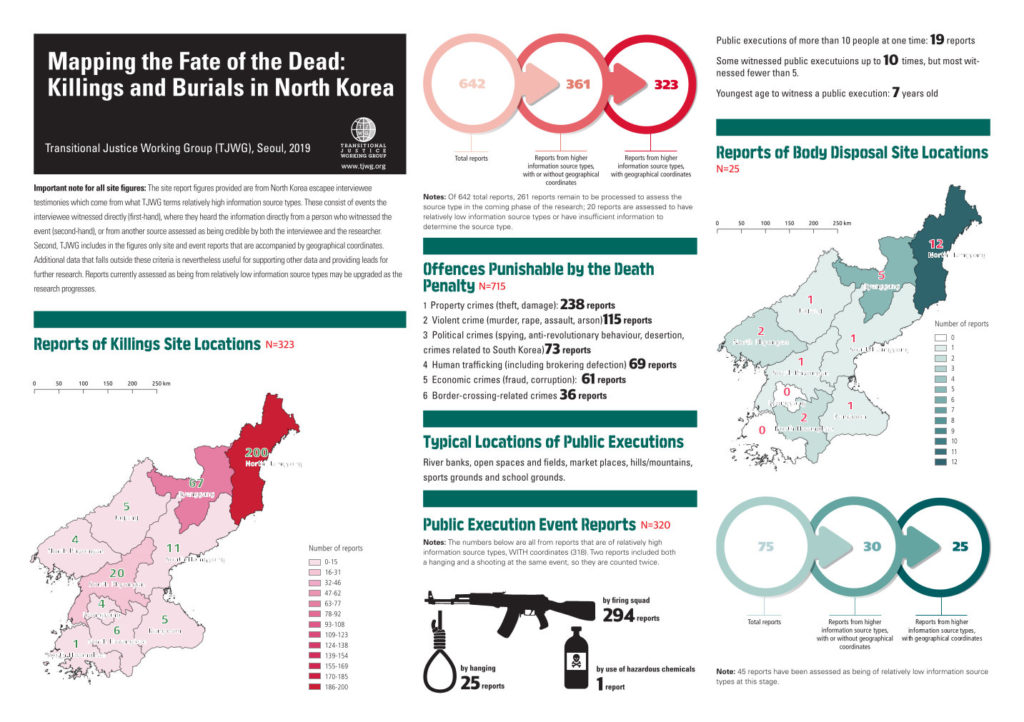A human rights group said Tuesday it has identified hundreds of spots where witnesses claim North Korea carried out public executions and extrajudicial state killings as part of an arbitrary and aggressive use of the death penalty that is meant to intimidate its citizens. The Seoul-based Transitional Justice Working Group said its research was based on interviews with 610 North Korean defectors who helped locate the sites with satellite imagery, AP’s
The group didn’t reveal the exact locations of the 323 sites because it’s worried that North Korea will tamper with them, but said 267 of them were located in two northeastern provinces near the border with China, the area where most of the defectors who participated in the study came from. North Korea’s public executions tend to happen near rivers, in fields and on hills, and also at marketplaces and school grounds — places where residents and family members of those sentenced are often forced to attend the killings, the report said. The group also said it documented 25 sites where the dead were allegedly disposed of by the state and also found official locations that may have documents or other evidence related to the killings.
 The report “Mapping the Fate of the Dead: Killings and Burials in North Korea” is based on four years of research (2015-2019) to document and map three types of locations connected to human rights violations in the Democratic People’s Republic of Korea (North Korea):
The report “Mapping the Fate of the Dead: Killings and Burials in North Korea” is based on four years of research (2015-2019) to document and map three types of locations connected to human rights violations in the Democratic People’s Republic of Korea (North Korea):
1. State-sanctioned killing sites;
2. Sites where the dead are disposed of by the state;
3. Official locations which may contain documents or other evidence related to these events.
Culture of fear
“Public executions are to remind people of particular policy positions that the state has,” TJWG research director Sarah A. Son told Reuters. “But the second and more powerful reason is it instills a culture of fear among ordinary people.”
The Transitional Justice Working Group is a nongovernment organization founded by human rights advocates and researchers from South Korea and four other countries. The group said the new report was made possible by funding from the National Endowment for Democracy, a Washington-based democracy assistance group funded by the U.S. Congress, AP adds. RTWT








